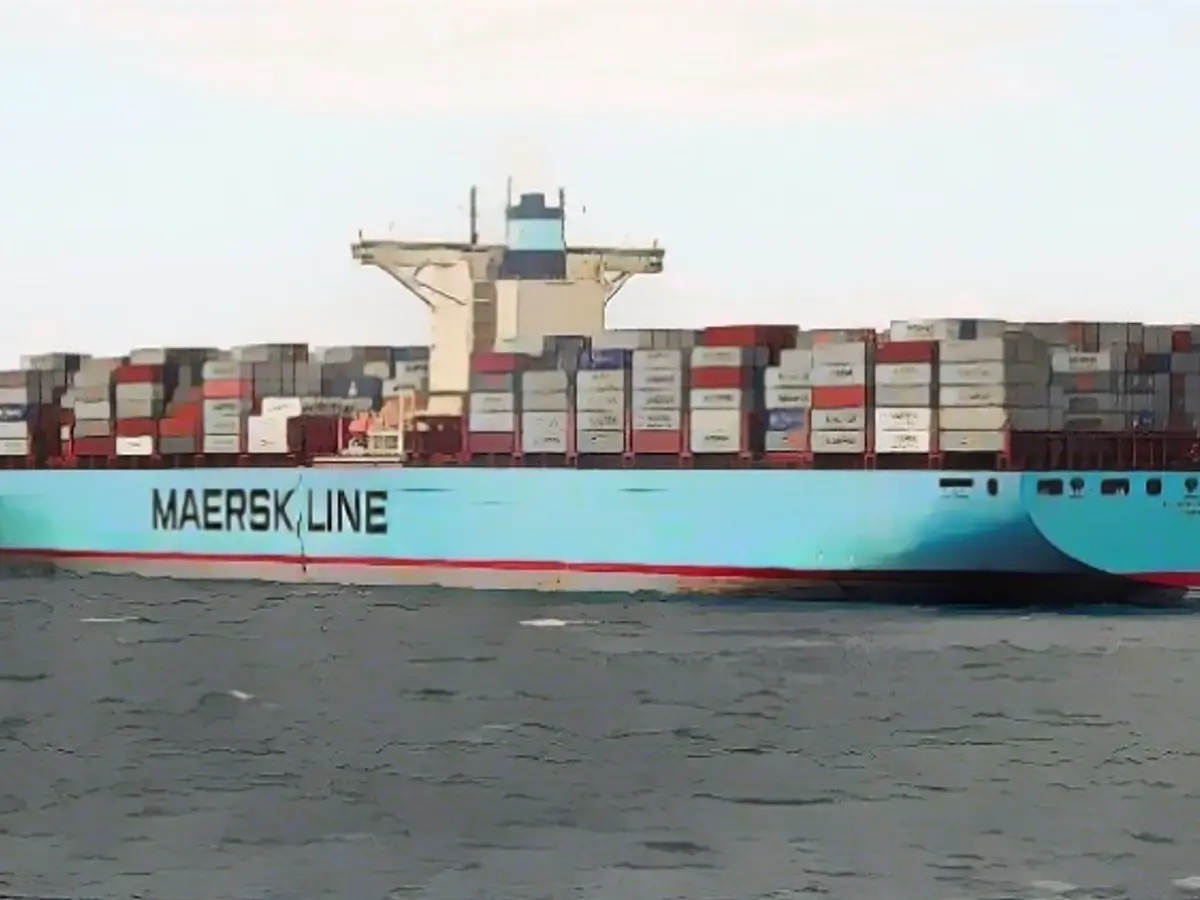In response to the escalating hostilities and targeted attacks on cargo ships in the Red Sea, shipping giants Moeller-Maersk (Danish) and Hapag-Lloyd (German) have temporarily halted their container voyages through this region. This decision comes amidst growing concerns about the safety of their seafarers and the instability of the security situation.
The Houthi rebels, an Iran-backed militia, have been responsible for numerous attacks on commercial vessels in the Red Sea since late 2023. These attacks, which have resulted in the loss of two ships and multiple lives, have been primarily aimed at vessels deemed to be linked with Israel[1][2][5].
However, the recent ceasefire agreement between Israel and Palestine has left the definition of "Israeli-linked" vessels unclear, making it challenging for carriers to accurately assess risks[1][5]. Additionally, the fragile nature of the ceasefire and the Houthi rebels' unpredictable behavior have led major carriers like Maersk, Hapag-Lloyd, and MSC to exercise extreme caution[1][3][5].
As a result, these carriers have chosen to re-route their ships around Africa's southern tip, resulting in a 90% decrease in cargo vessel transits through the Red Sea[2][3]. The operational risks associated with the Red Sea have grown significantly, with vessels often targeted by missiles, drones, and watercraft[2][3].
Despite the recent ceasefire agreement, Hapag-Lloyd and Maersk have decided to maintain their temporary suspension of container voyages through the Red Sea until further notice. They aim to ensure the safety of their seafarers and minimize the impact on their customers' supply chains.
The Bab al-Mandab Strait, which connects the Red Sea with the Gulf of Aden, is a crucial shipping route in the world. Any disruptions in this area can have significant implications for global trade and the economy.
Sources:
- CNN:
- Reuters:
- Bloomberg:
- Associated Press:
- Al Jazeera:








